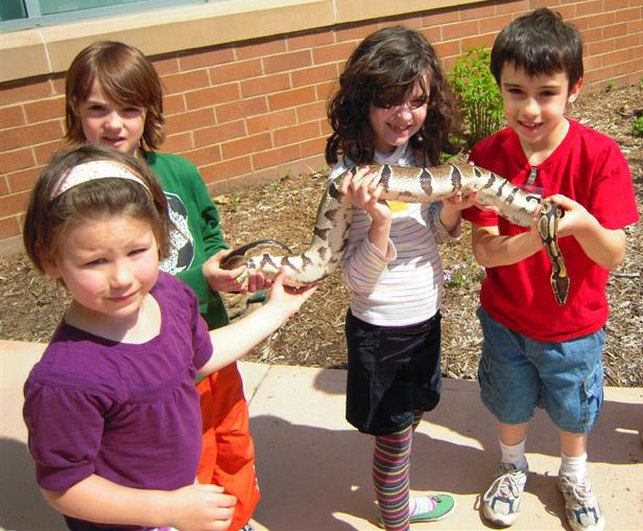Better Family Living with Mixed Expressive/Receptive Learning Disorder
What is MERLD?

My son was diagnosed at age four with moderate to severe MERLD by a hospital speech therapist. My daughter was three and diagnosed with mild to moderate MERLD through her preK speech therapist. Both are very social, chatty kids. But, as my now eight-year-old son puts it, “My brain doesn’t always work right.” Both children are average to above average intelligence, as a great many kids with MERLD are, but many tasks they cannot complete at school without hands-on assistance, especially math and reading. Both children, through intervention, are learning to communicate on their grade levels.
Think of MERLD as an “aphasia” of the brain. The kids hear what you are telling them, but somewhere between hearing and understanding the words, things get jumbled up…the wires get crossed. It’s like learning a new language. You can hear someone speak it, but you “get” only some of the words and quite often respond through context or whatever you can “pull out” of the conversation. It’s also like a stroke victim who must relearn how to speak. The words go in, it takes a while to assimilate them, and then to find the “right” words to express what the person wants to say.
The activities of daily living. For example: How do you speak to a child with MERLD? Normally. If your child uses a different word than an “accepted” word in a response or jumbles up sentences, correct him.
Child: A carrot rabbit fast runs.
Immediately say: A rabbit runs fast. He likes carrots, doesn’t he?
And then go on. Your child will catch on and catch up. Consistency is the key to learning.
Think of MERLD as an “aphasia” of the brain. The kids hear what you are telling them, but somewhere between hearing and understanding the words, things get jumbled up…the wires get crossed. It’s like learning a new language. You can hear someone speak it, but you “get” only some of the words and quite often respond through context or whatever you can “pull out” of the conversation. It’s also like a stroke victim who must relearn how to speak. The words go in, it takes a while to assimilate them, and then to find the “right” words to express what the person wants to say.
The activities of daily living. For example: How do you speak to a child with MERLD? Normally. If your child uses a different word than an “accepted” word in a response or jumbles up sentences, correct him.
Child: A carrot rabbit fast runs.
Immediately say: A rabbit runs fast. He likes carrots, doesn’t he?
And then go on. Your child will catch on and catch up. Consistency is the key to learning.
